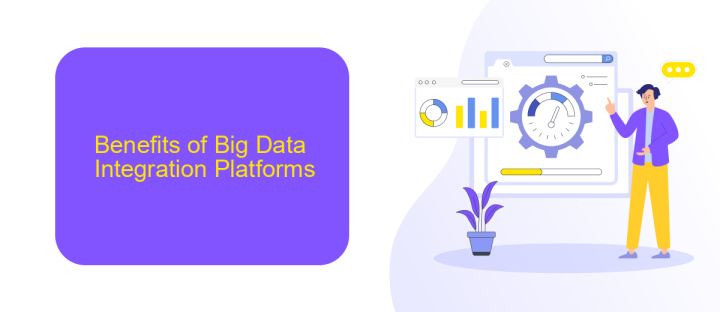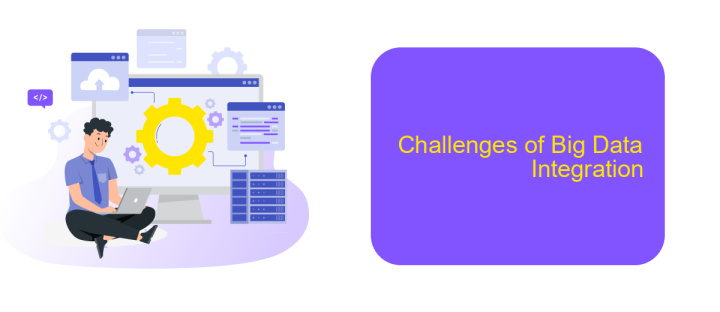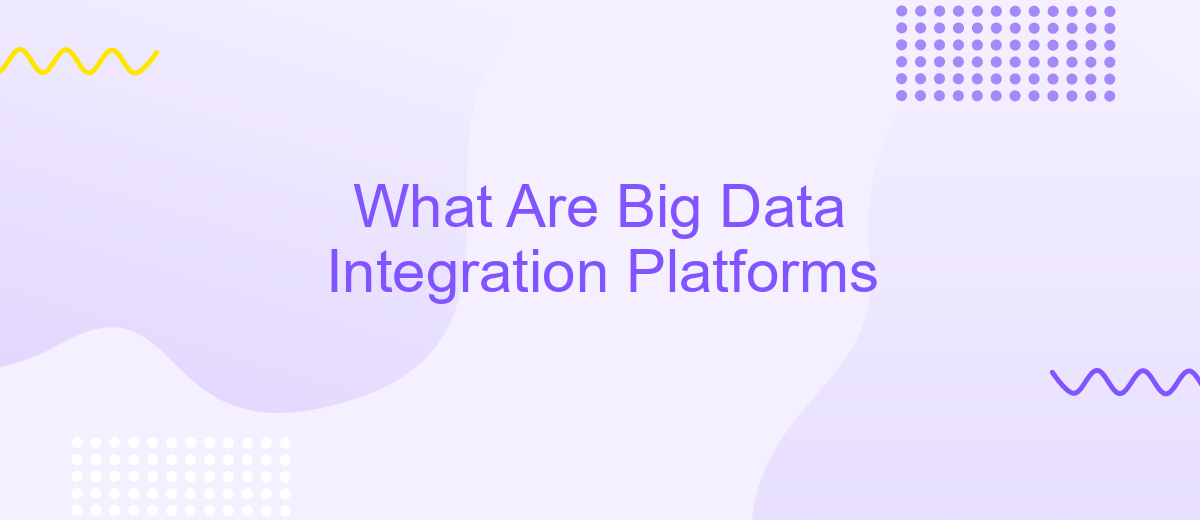What Are Big Data Integration Platforms
Big Data Integration Platforms are essential tools for organizations looking to harness the power of vast and varied data sources. These platforms streamline the process of aggregating, transforming, and analyzing data, enabling businesses to make informed decisions and gain competitive advantages. In this article, we will explore the key features, benefits, and considerations when selecting a Big Data Integration Platform.
What Are Big Data Integration Platforms?
Big Data Integration Platforms are essential tools designed to consolidate and manage large volumes of data from various sources. These platforms enable businesses to seamlessly integrate, process, and analyze data to derive actionable insights. By leveraging these platforms, organizations can enhance their decision-making processes and operational efficiency.
- Data Consolidation: Combining data from multiple sources into a single, unified view.
- Data Transformation: Converting data into a usable format for analysis.
- Data Quality Management: Ensuring the accuracy and consistency of data.
- Real-Time Processing: Handling data in real-time to provide immediate insights.
- Scalability: Managing growing volumes of data without compromising performance.
Platforms like ApiX-Drive facilitate the integration process by offering pre-built connectors and automation tools, reducing the complexity of data integration. ApiX-Drive allows users to connect various applications and services effortlessly, enabling seamless data flow between systems. This ensures that businesses can focus on analyzing data rather than spending time on manual integration tasks.
Benefits of Big Data Integration Platforms

Big data integration platforms offer numerous advantages, including the ability to streamline data from multiple sources into a cohesive and unified dataset. This integration facilitates more accurate and comprehensive data analysis, enabling businesses to make well-informed decisions. By consolidating data from various systems, organizations can eliminate data silos and ensure that all departments have access to the same information, fostering better collaboration and efficiency.
Another significant benefit is the ease of automation and customization these platforms provide. Tools like ApiX-Drive enable seamless integration without requiring extensive coding knowledge, allowing businesses to set up data workflows quickly and efficiently. This not only saves time but also reduces the risk of human error. Furthermore, big data integration platforms often come with advanced security features, ensuring that sensitive data is protected throughout the integration process. Overall, these platforms empower businesses to leverage their data more effectively, driving innovation and competitive advantage.
How to Choose a Big Data Integration Platform

Choosing the right Big Data integration platform is crucial for ensuring seamless data flow and maximizing the value of your data assets. Here are some key factors to consider when making your decision:
- Data Compatibility: Ensure the platform supports various data formats and sources relevant to your business.
- Scalability: The platform should be able to grow with your data needs, handling increasing volumes and complexity efficiently.
- Ease of Use: Look for user-friendly interfaces and robust support resources to minimize the learning curve.
- Integration Capabilities: Check if the platform can easily integrate with your existing systems and tools. Services like ApiX-Drive can facilitate seamless integrations.
- Security: Prioritize platforms that offer strong data encryption, access controls, and compliance with industry standards.
By considering these factors, you can select a Big Data integration platform that not only meets your current requirements but also adapts to future challenges. Services like ApiX-Drive can further simplify the integration process, ensuring efficient and secure data management.
Challenges of Big Data Integration

Integrating big data presents numerous challenges, primarily due to the sheer volume, variety, and velocity of the data. Organizations often struggle with the complexity of managing different data formats and sources, which can include structured, semi-structured, and unstructured data. This diversity requires robust tools and strategies to ensure seamless integration.
Another significant challenge is data quality. Ensuring that data is accurate, consistent, and up-to-date is crucial for making informed decisions. Poor data quality can lead to erroneous insights and ultimately affect business outcomes. Additionally, data security and privacy concerns are paramount, as integrating data from multiple sources increases the risk of data breaches and unauthorized access.
- Handling diverse data formats and sources
- Ensuring data quality and consistency
- Maintaining data security and privacy
- Scalability and performance issues
- Compliance with regulations and standards
To address these challenges, many organizations turn to integration platforms like ApiX-Drive, which streamline the process by automating data workflows and ensuring data integrity. These platforms offer scalable solutions that can handle large volumes of data while maintaining high levels of security and compliance, making the integration process more efficient and reliable.


Future of Big Data Integration Platforms
The future of Big Data integration platforms is poised to be transformative, driven by advancements in artificial intelligence and machine learning. These technologies will enable more sophisticated data processing, allowing for real-time analytics and more accurate predictive models. As businesses increasingly rely on data-driven decisions, the demand for seamless and efficient data integration will continue to grow. Platforms will need to evolve to handle larger volumes of data from diverse sources, ensuring that data integrity and security are maintained.
One notable advancement in this space is the development of automated integration services like ApiX-Drive. Such platforms simplify the process of connecting various data sources, reducing the need for extensive manual configuration. With ApiX-Drive, businesses can easily set up integrations between different applications and data streams, ensuring that data flows smoothly and efficiently. As these tools become more intuitive and powerful, they will play a crucial role in the future landscape of Big Data integration, making data more accessible and actionable for organizations of all sizes.
FAQ
What is a Big Data Integration Platform?
Why is Big Data Integration important?
What are common features of Big Data Integration Platforms?
How do Big Data Integration Platforms handle data quality?
Can Big Data Integration Platforms automate data workflows?
Apix-Drive is a universal tool that will quickly streamline any workflow, freeing you from routine and possible financial losses. Try ApiX-Drive in action and see how useful it is for you personally. In the meantime, when you are setting up connections between systems, think about where you are investing your free time, because now you will have much more of it.

